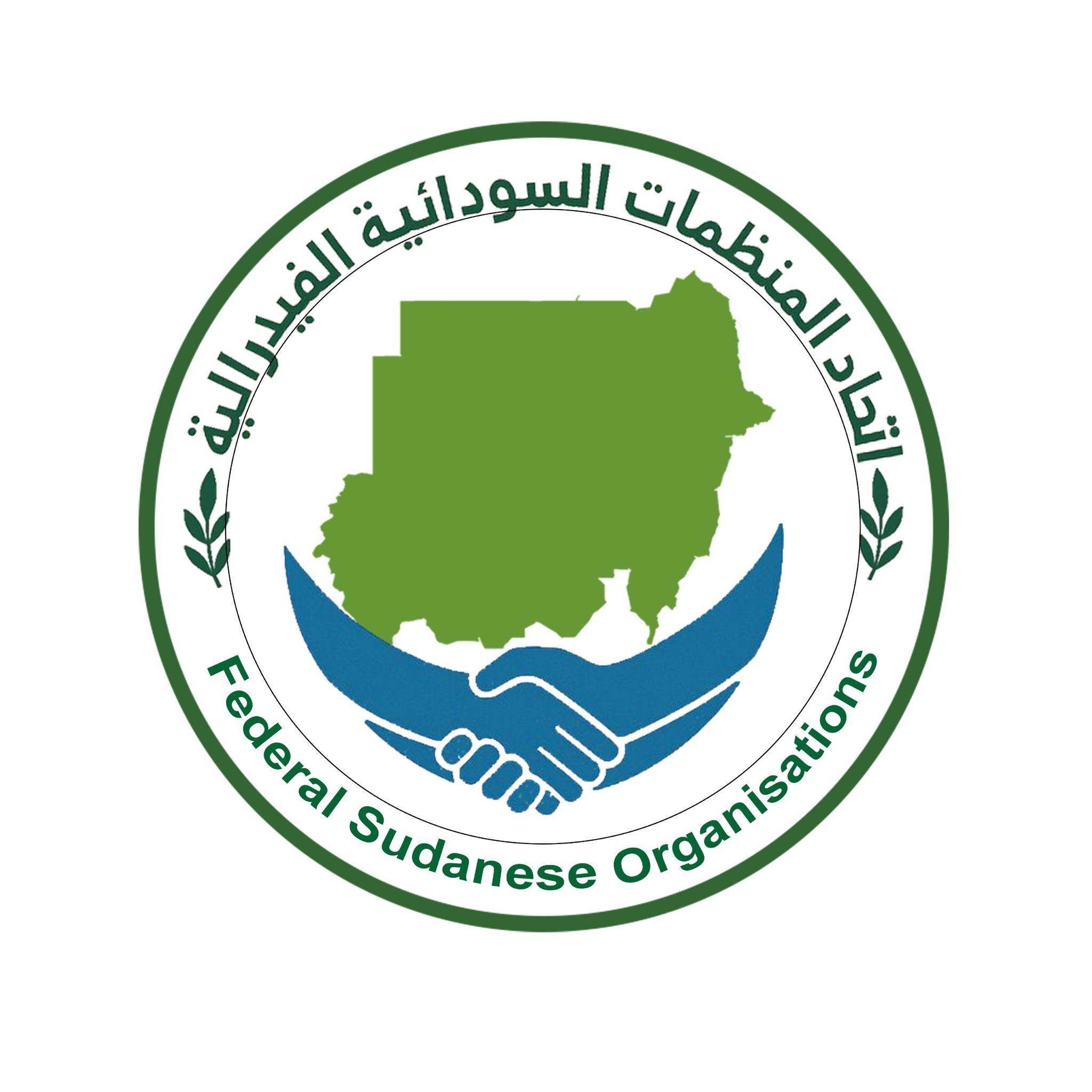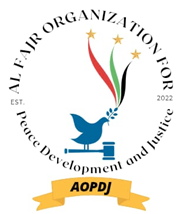Sudanese Organizations Call for Holding the Sudanese Army Accountable and for Protecting Women and Girls
Geneva / Human Rights Council / 60th Session
Sudanese and international human rights organizations warned, during their participation in the 60th session of the United Nations Human Rights Council, that Sudan is witnessing one of the most serious human rights and humanitarian crises in modern history, as the Sudanese Armed Forces and allied militias are using rape and sexual violence as a systematic weapon of war against women and girls. They affirmed that these crimes amount to crimes against humanity and constitute a direct threat to international peace and security.
This came during the Council’s proceedings, as the Federation of Sudanese Human Rights Centers, the Union of Sudanese Human Rights Organizations, the Save the Civilians in Sudan Alliance, the Al-Fajr Organization for Peace, Development and Justice, and international organizations holding consultative status at the United Nations issued an international statement during the general debate held by the Human Rights Council to discuss the presentation and report of the High Commissioner for Human Rights on the state of human rights worldwide. The statement expressed concern about States’ backsliding in upholding respect for human rights and in fulfilling their international obligations under international human rights law and international humanitarian law.
A Systematic Pattern of Crimes
The human rights statement submitted to the Human Rights Council clarified that what is taking place in Sudan cannot be viewed as individual incidents or isolated violations, but rather as an organized policy aimed at spreading fear and dismantling local communities through the use of sexual violence. Documented reports confirmed that the Sudanese army and allied militias committed crimes of mass rape, sexual torture, and sexual slavery, in addition to assaults on minors and forced pregnancy, in several areas—most notably Darfur, El Geneina, El Fasher, and parts of Khartoum.
The statement added that women are often subjected to rape in front of their children and family members, in scenes intended to destroy social and psychological bonds within society. Local and international organizations documented shocking testimonies about organized rapes carried out under the supervision or with the direct complicity of military leaderships, which proves that these crimes are part of a systematic strategy.
Specific Targeting of Women and Girls
The statement indicated that underage girls have become primary targets of violence, as they were abducted from schools and homes and turned into what resembles “spoils of war.” Numerous reports also documented cases of forced marriage and the detention of women in military sites affiliated with the army, where they were subjected to the most heinous forms of sexual exploitation.
The human rights organizations affirmed that the targeting did not stop at ordinary women, but also extended to women human rights defenders and activists, who were subjected to arbitrary arrest and torture, in addition to smear campaigns and incitement through media outlets and online spaces aligned with the Sudanese army.
Flagrant Violations of International Law
The statement stressed that these practices constitute a blatant breach of a set of international conventions that must be respected and complied with, such as the Convention on the Elimination of All Forms of Discrimination against Women (CEDAW), the Convention on the Rights of the Child, in addition to the International Covenant on Civil and Political Rights, and the Geneva Conventions and international humanitarian law.
According to the statement, these violations also constitute a breach of Sudan’s own constitution, which provides for equality and dignity for all citizens without discrimination. The organizations affirmed that what is happening also contradicts UN Security Council resolutions, in particular Resolution 1325 on women, peace and security.
International Silence Is Complicity
In its written statement, the organizations criticized what they described as “the complicity of international silence,” noting that the absence of a decisive response from the international community contributes to encouraging perpetrators to press ahead. The statement added that the continuation of these practices without accountability sends a dangerous message that the bodies of women and girls can be used as a battlefield with impunity.
Urgent Calls for Action and Accountability
The human rights organizations called on the Human Rights Council to clearly and explicitly condemn these crimes and to include them within the mandate of the International Fact-Finding Mission on Sudan, with the establishment of a specialized mechanism to monitor and document gender-based violations.
They also called on the Office of the High Commissioner for Human Rights to document these violations in its official reports and urged the Committee on the Elimination of Discrimination against Women (CEDAW) to activate early-warning mechanisms and take urgent measures.
The statement stressed that the international community is required to impose targeted sanctions on military and militia leaders involved in these crimes, as well as to support Sudanese civil society organizations working to provide medical, psychological, and legal care to survivors, and to ensure the protection of witnesses.
The Need for Safe Humanitarian Corridors
The statement concluded by emphasizing the need to establish safe humanitarian corridors enabling victims to access protection and care without fear of retaliation or social stigma. It noted that the growing numbers of victims and displaced persons make the Sudanese crisis one of the greatest humanitarian tragedies in modern history.
It warned that the absence of accountability will prolong the conflict and encourage its perpetrators to continue committing their crimes. It concluded by saying: “The time has come to turn words into action, before rape as a weapon of war leaves its devastating and irreversible mark on Sudan’s future.”

